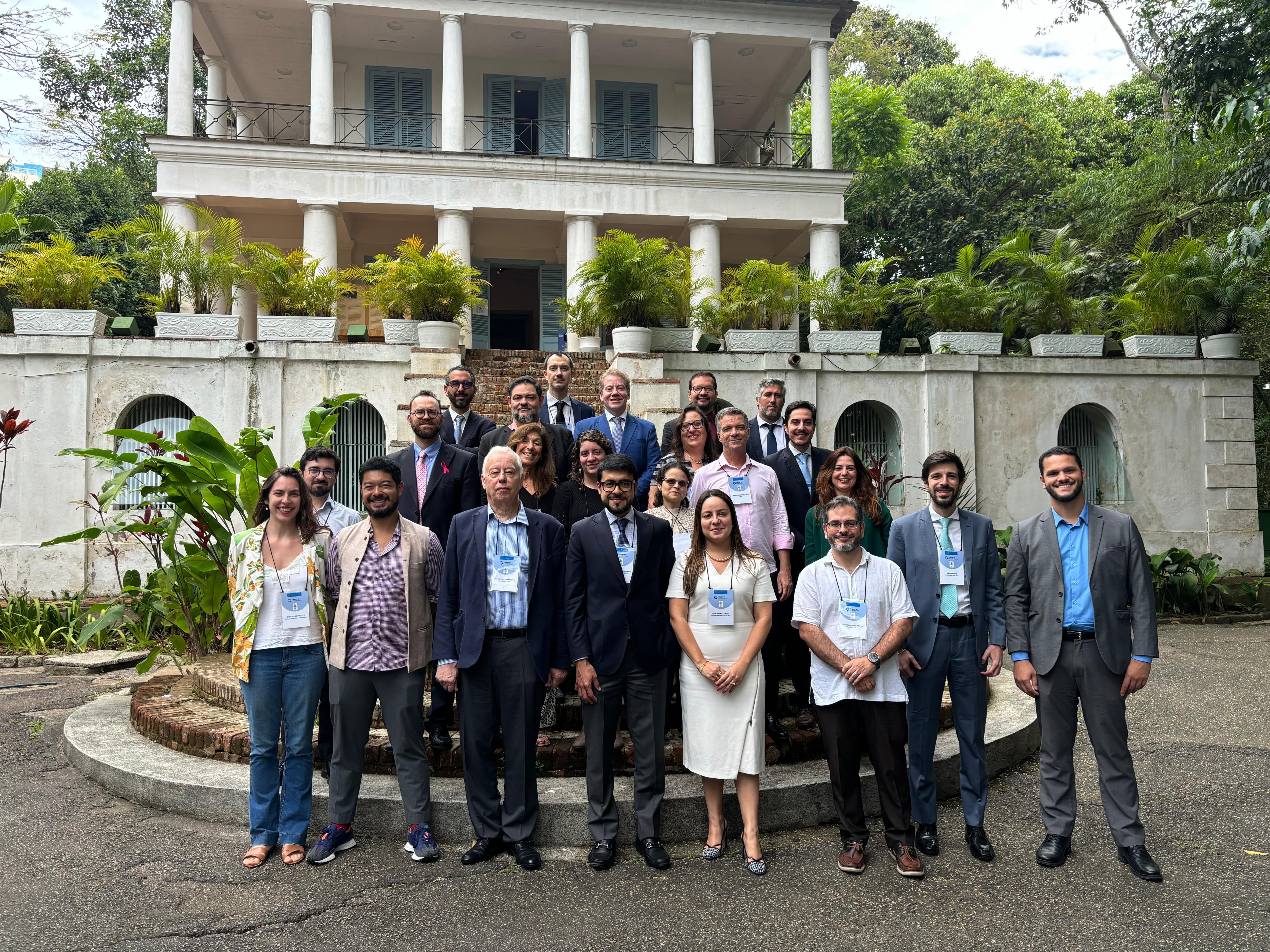
This document arises from recent developments in the field, and from the need for updated information on legal developments in the field of unfair competition. Recently, some aspects of public law are being used as obiter dictum in court rulings to prevent unfair competition practices, such as equal treatment in the areas of tax and administrative law. If public authorities allow unequal charges, price competition may be hindered. However, historically, Unfair Competition Law has been restricted to the 2nd Sector, litigation concerning NGOs, Churches and Foundations using the Unfair Trade argumentation could be a symptom of changes in Unfair Competition Practice.
It should also be noted that dishonest, unfair, misleading, deceptive, fraudulent or coercive trade and business practices have long been prohibited by legislation or sanctioned by the courts in many jurisdictions. This jurisprudence is reflected in the concept of unfair competition in the Paris Convention for the Protection of Industrial Property, which aims (among other things) to ‘suppress unfair competition’, which consists of ‘any act of competition contrary to honest practices in industrial or commercial matters’.
This summary of the above examples shows that unfair practices are no longer understood in the traditional way. On the contrary, the case law and the legal framework present more modern and functional approaches, in line with the application of Article 10a. This is due to a broadening of the policy objectives of unfair competition to include not only competition between the same actors, but also consumer protection and the general public interest in achieving a well-functioning market.
In Latin America, different policy solutions have been adopted in this area. For example, the regulation of unfair competition in the Andean Community is found in Andean Decision 486, which also covers unfair practices related to intellectual property, and its article 259 identifies several unfair competition practices.
The workshop discussed how unfair competition rules are applied in different jurisdictions and which practices may be contrary to honest practices in industrial or commercial matters. In particular, a final version of the structure for a comparative study was achieved, taking into account applicable legislation and possible definitions of special rules, as well as applicable case law.